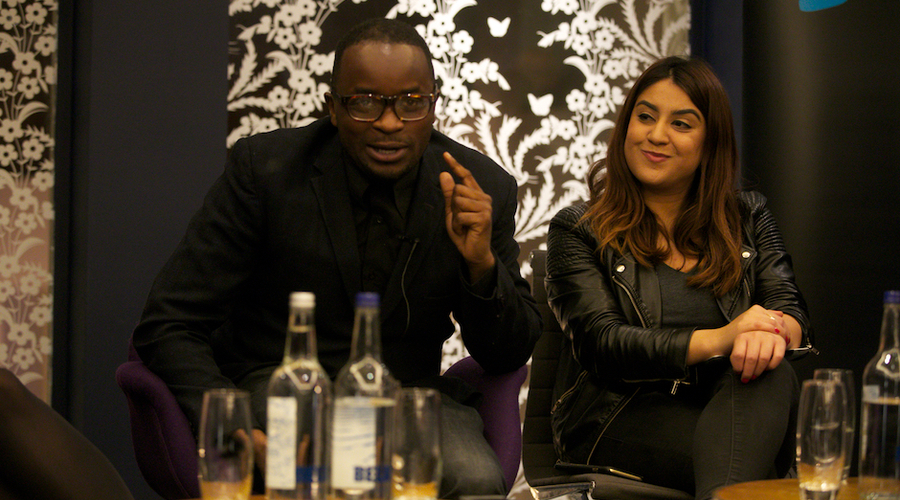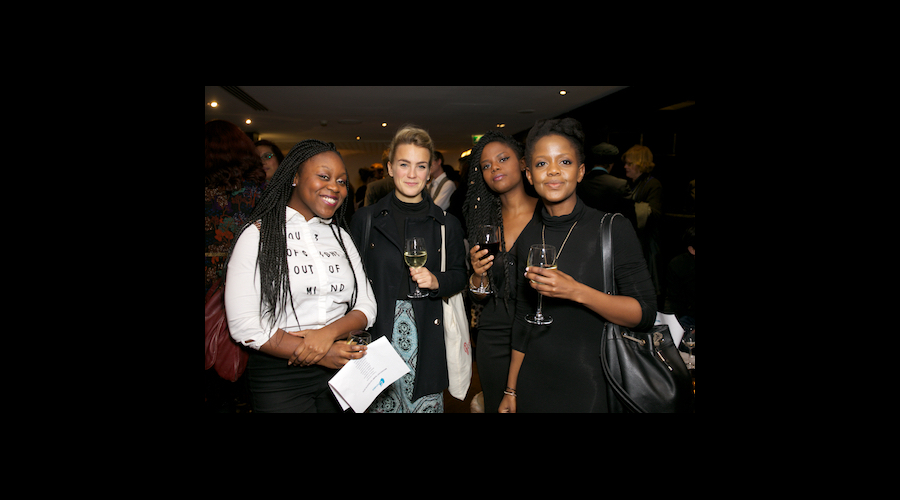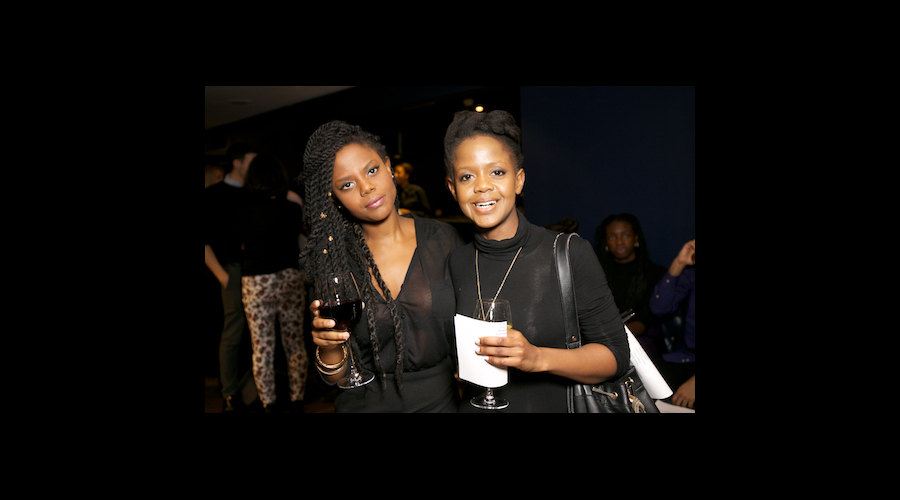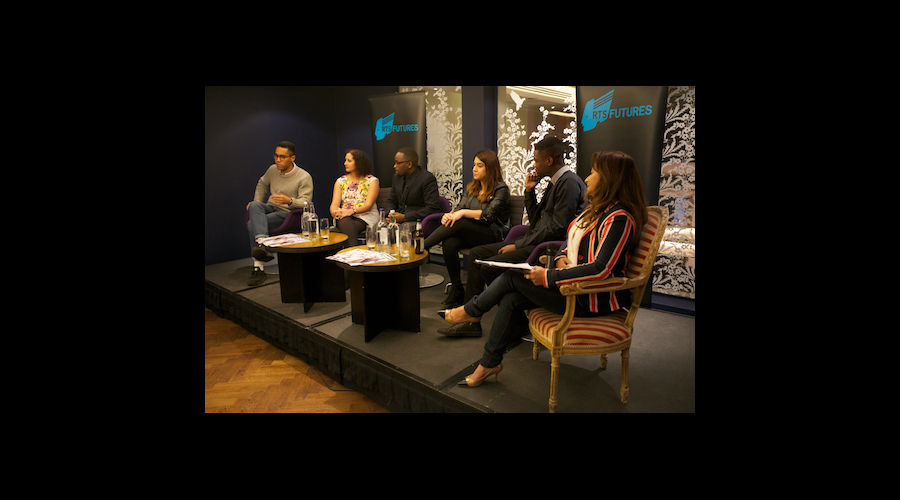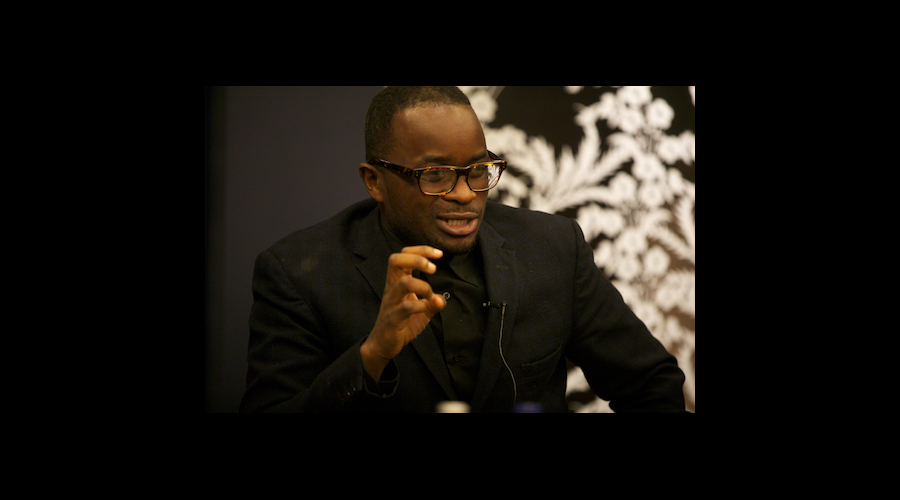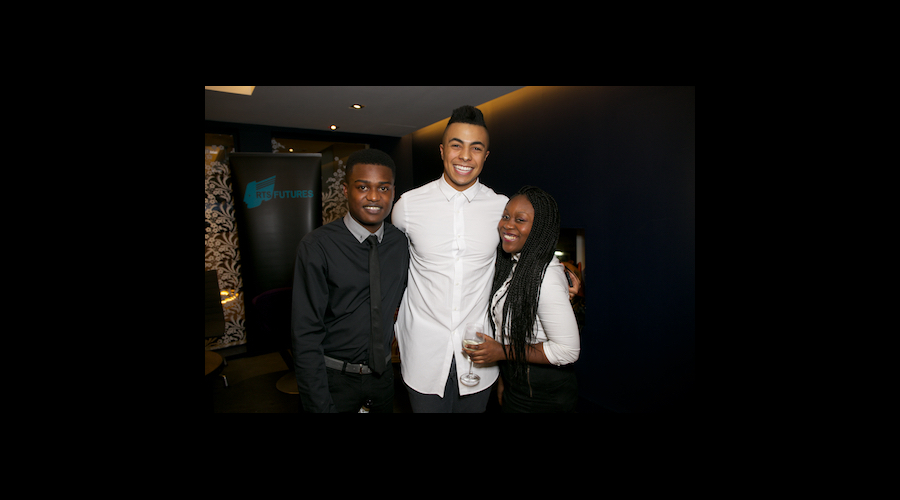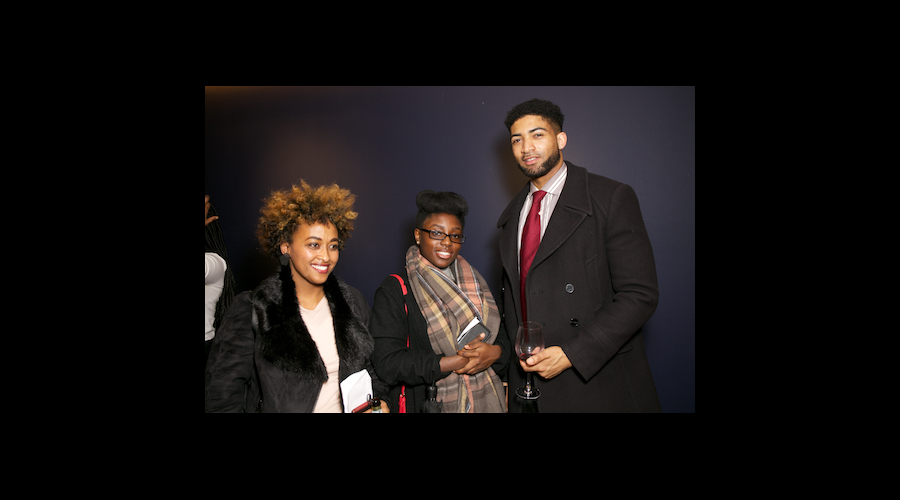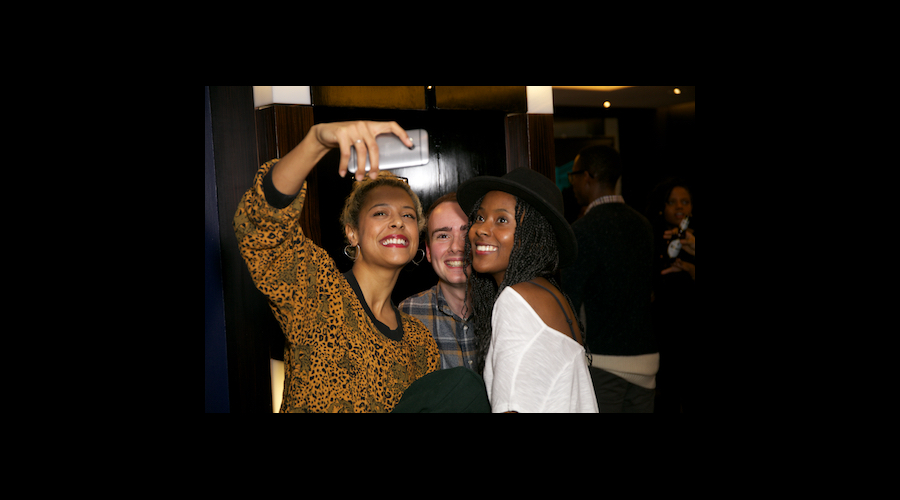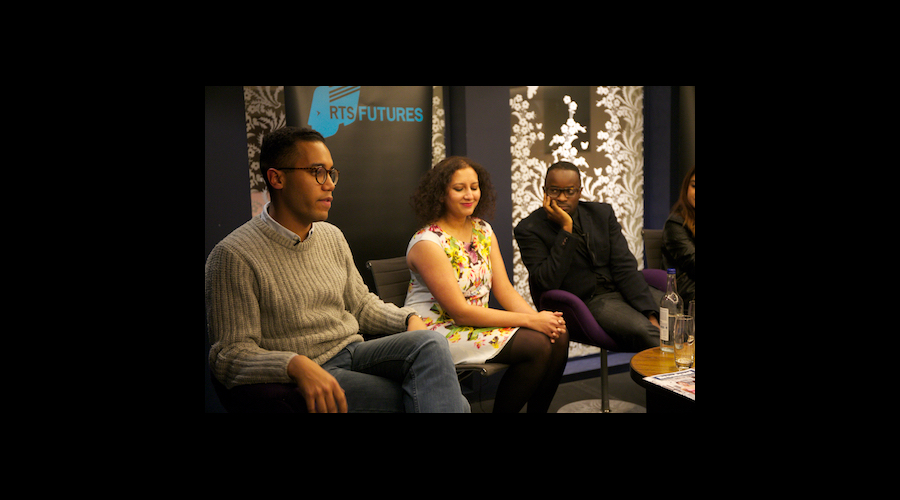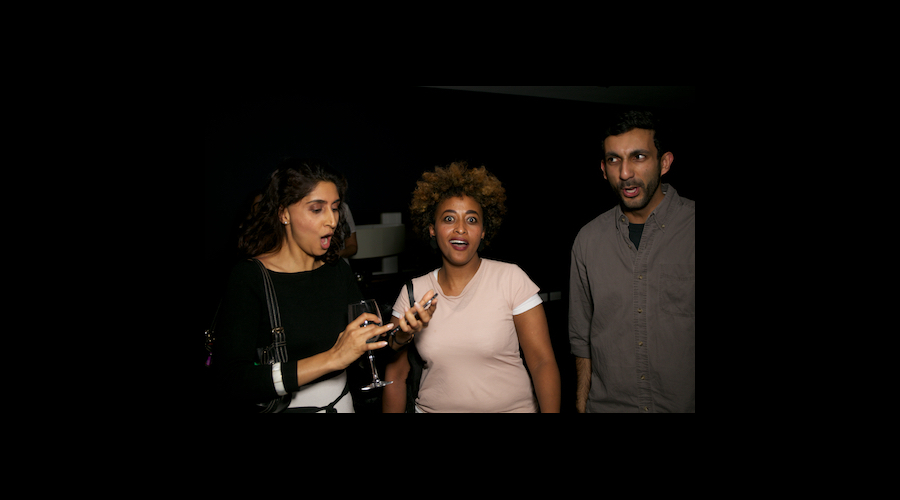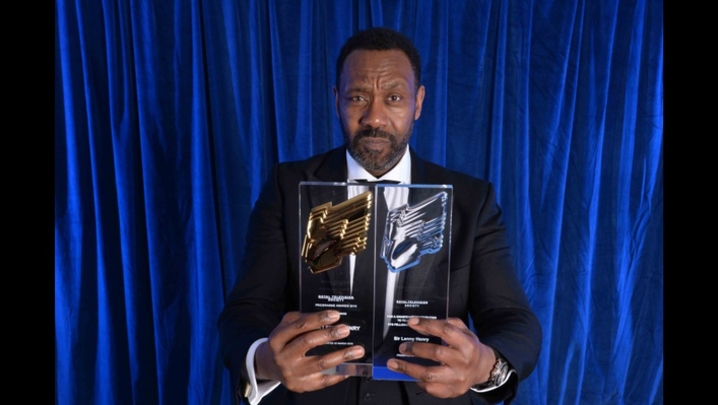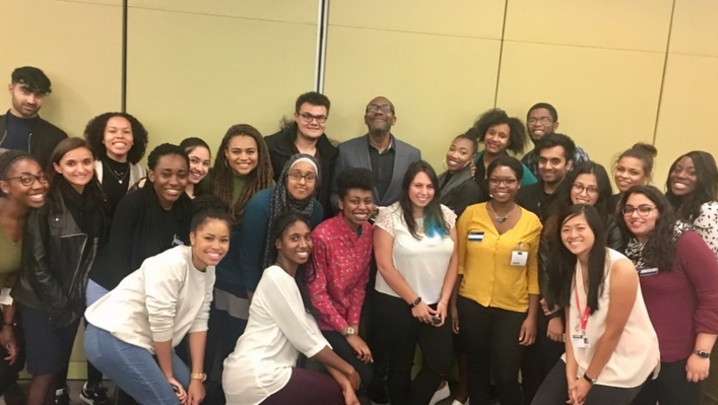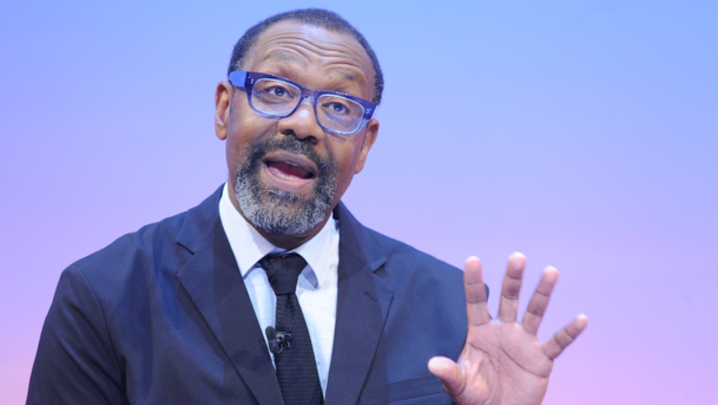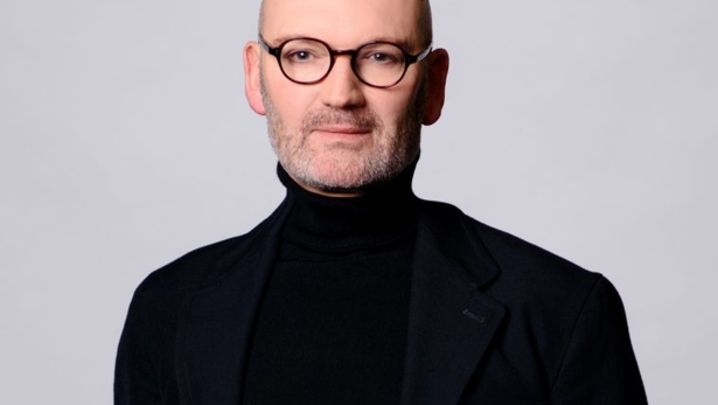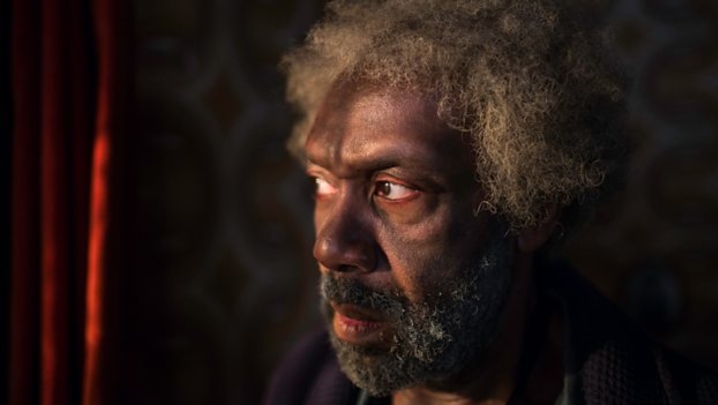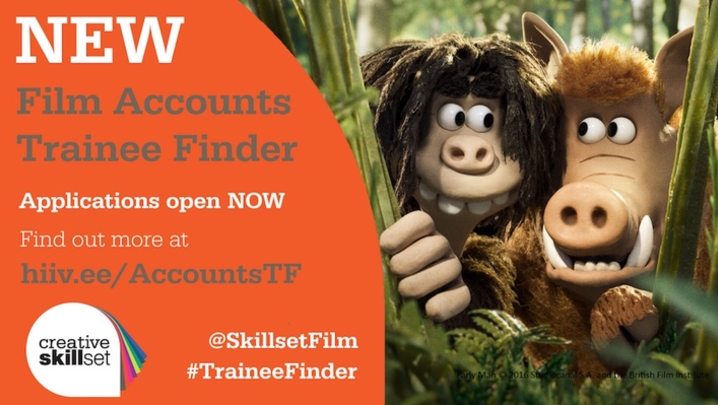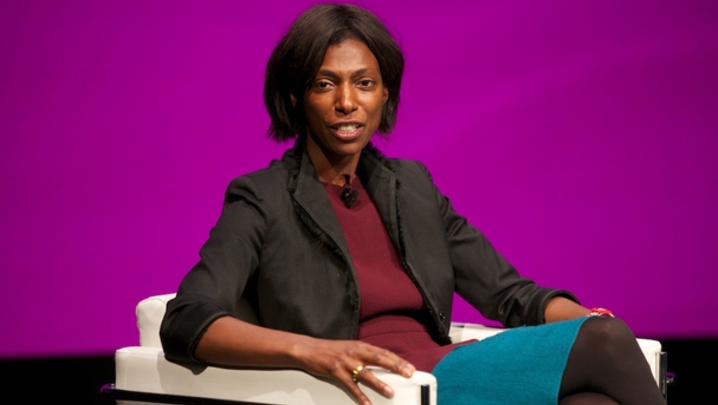“There is no issue more important in television than diversity," said RTS Futures chair Camilla Lewis
RTS Futures turned the spotlight on TV’s diversity – or lack of it – at its final event of the year where a panel of young Black, Asian and Minority Ethnic (BAME) talent revealed their struggles and triumphs in the industry.
The panel was drawn from Broadcast’s 26 BAME Hot Shots of 2015, which the magazine announced in August.
The sell-out event was chaired by Jasmine Dotiwala, who recalled a Daily Mirror story that said: “a black man is more likely to score for England than to host a primetime TV show”.
Actor and producer Femi Oyeniran appeared in hit movie Kidulthood almost a decade ago before going to university. Since graduating he has acted and, latterly, started to produce programmes, including Sky Living comedy drama Venus Vs Mars.
Dotiwala, the executive news editor of the Media Trust’s youth magazine show London 360, asked Oyeniran whether he had been typecast by his roles in gritty, urban dramas Kidulthood and its sequel, Adulthood.
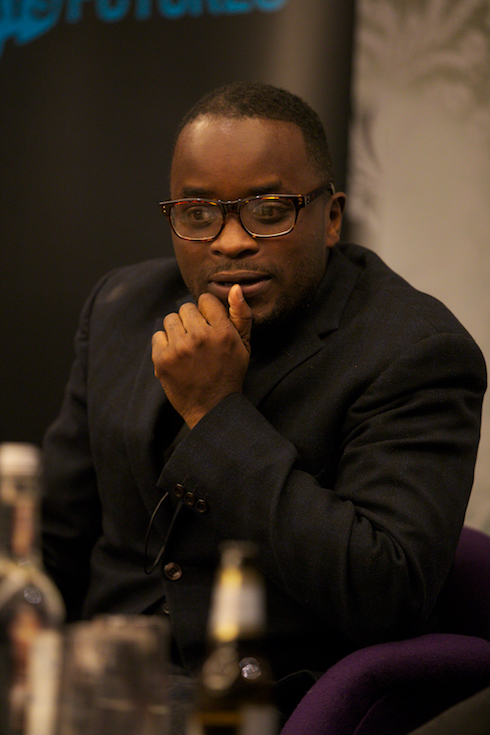
He argued that he should not be limited to “hood” films, although he was “grateful” for his break. “I don’t know if I’ve persuaded anyone that I’m more than those roles, which is really strange given I’m married with kids and went to study law at one of the best universities in the world,” he added.
Oyeniran, who is Creative Director of Purple Geko, revealed that the London indie is working with acclaimed film-maker Penny Woolcock on a new project, The Rapper and the Soprano. He thought this fusion of hip hop and opera would help push the indie forward in a new direction.
Kascion Franklin made a splash this summer, taking the lead role in Danny and the Human Zoo, BBC One’s fictionalised account of Lenny Henry’s teenage years, . While studying drama at university he decided to become a teacher, before realising that “I didn’t like kids that much. I’m sure I’d like my own, but I didn’t fancy working for 40 years looking after other people’s kids.”
Franklin finished university, spent a year at Identity School of Acting and committed himself to making it as an actor, which had always been his “big dream”. Theatre work and corporate acting jobs followed. “I learned I had to follow [my acting] with conviction,” he said. “I started to walk into auditions going for the role, not just attending them to read a few lines.
“When you’re starting out, it’s really easy to give up, but you have to keep on trying,” advised Sabrina Scollan, a development researcher at Renegade Pictures.
Scollan’s first job in TV was as a runner for a day on a BBC Learning film. “My job was to make sure the director didn’t stand in dog shit,” she recalled. “I put up with that and out of it got a week-long job. You have to keep with it.”
From running came a role as a researcher. “Once [a company] sees you can do the work and are passionate about it, they’ll trust you, give you more jobs and promote you,” added Scollan.
Mickey Down had been a frustrated writer. “I had always wanted to be a writer but there never seemed to be an opportunity to do it,” he said.
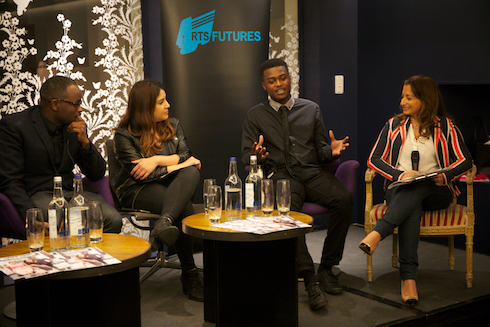
Following a detour into investment banking – a time he described as “the worst year and a half of my life” – Down received help from Creative Access, which provides internships in the media industry for BAME graduates. This led to work on a Sacha Baron Cohen project and then programmes such as this year’s Sky One’s sci-fi comedy drama You, Me and the Apocalypse.
Freelance development and documentary producer Fatima Shafiq has an impressive number of credits, including ITV’s The Cruise Ship and Channel 4’s Jamie’s Dream School.
Shafiq studied journalism and then found work in newsrooms, before landing work as a researcher at Fresh One. That work, she said, was initially funded by Creative Skillset, adding: “These schemes really do work.”
Following the panel discussion, the 100-plus guests at the central London venue had the opportunity to talk telly with the BAME Hot Shots and industry executives.
This was the final event run by RTS Futures Chair Camilla Lewis, who is leaving the committee she has chaired for the past six years. “There is no issue more important in television – we are not a diverse industry,” she said.
Lewis was warmly thanked for her huge contribution to RTS Futures by RTS Chief Executive Theresa Wise.
The RTS Futures event was held at the Hospital Club in central London on 8 December. It was produced by Jasmine Dotiwala.


